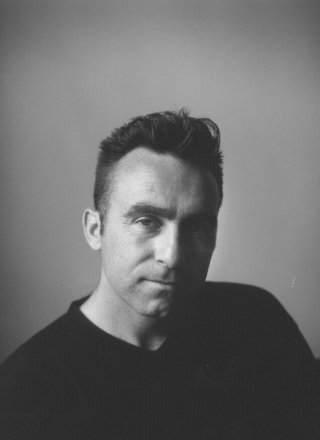
The Captain of the Armies of Death
Gary Calton
In the late 1950’s drugs put tuberculosis out of business. Drug resistance has brought it back as much more formidable threat. Medical malpractice, political neglect, poverty and the spread of AIDS has helped TB to mutate into the Captain of the Armies of Death.
Tuberculosis kills more people than any other infectious disease in the world. It is a bigger killer than malaria and AIDS combined. It will kill 35 million people over the next 20 years.
The World Health Organisation has designated a number of areas in the world as TB hotspots. The regions covered by the Former Soviet Union is one of them.
Preview
After the fall of the Soviet Union the extensive and centralised TB control system lost its capacity to control the rise of TB. Declining living standards, coupled with inadequate treatment increased the number of people at risk of contracting TB. This risk has become a reality: TB is now the number one health problem in the Former Soviet Union. Inconsistent and incomplete treatment with poor ‘black market’ drugs has led to a large multi-drug resistant population. Poor nutrition and overcrowding (in sanatoria and prisons) has helped spread this air borne killer.
One poorly treated TB person is estimated to infect 9-12 people, meaning a minimum of 3.5 million new drug resistant cases in Russia alone. Place the migration of people and modern travel into this equation, then the dangers of drug-resistant TB become a very real global problem. The cost of treating a multi drug resistant patient is five times that of the first line TB treatment.
There are no recognised drug resistant programmes working in the Former Soviet Union. Thus drug resistant patients are simply left to hope and pray. The prison population has been particularly vulnerable. At least 110,000 of Russia’s prisoners have TB.
"If you were a diabolical terrorist and you wanted to manufacture multidrug-resistant tuberculosis, you would create an environment and a system of care like the one in the Russian prisons," says Dr. Lee B. Reichman (executive director of the New Jersey Medical School National Tuberculosis Center). With over one million prisoners, a sentence to the dark, overcrowded, and unclean Russian gulags is a sentence to a slow, painful death. Only in a few isolated areas, in the former Soviet Union, are non drug resistant TB patients/prisoners receiving complete courses of TB medication. Following World Health Organisations DOT (Directly Observed Therapy) programmes, a Western NGO is providing a model for the Russia authorities.
Without the political will and finance to implement effective TB control programmes across the regions, the dark, stale, unhealthy rooms of the gulags and the TB sanatoria will remain the breeding ground for MDRTB.
In 1993 the World Health Organisation declared tuberculosis a Global Emergency. ‘If something wasn’t done to stop this, then in the future’…………they said . Well the future is with us. We have brought into the twenty first century a killer that should have been confined to the history books.
